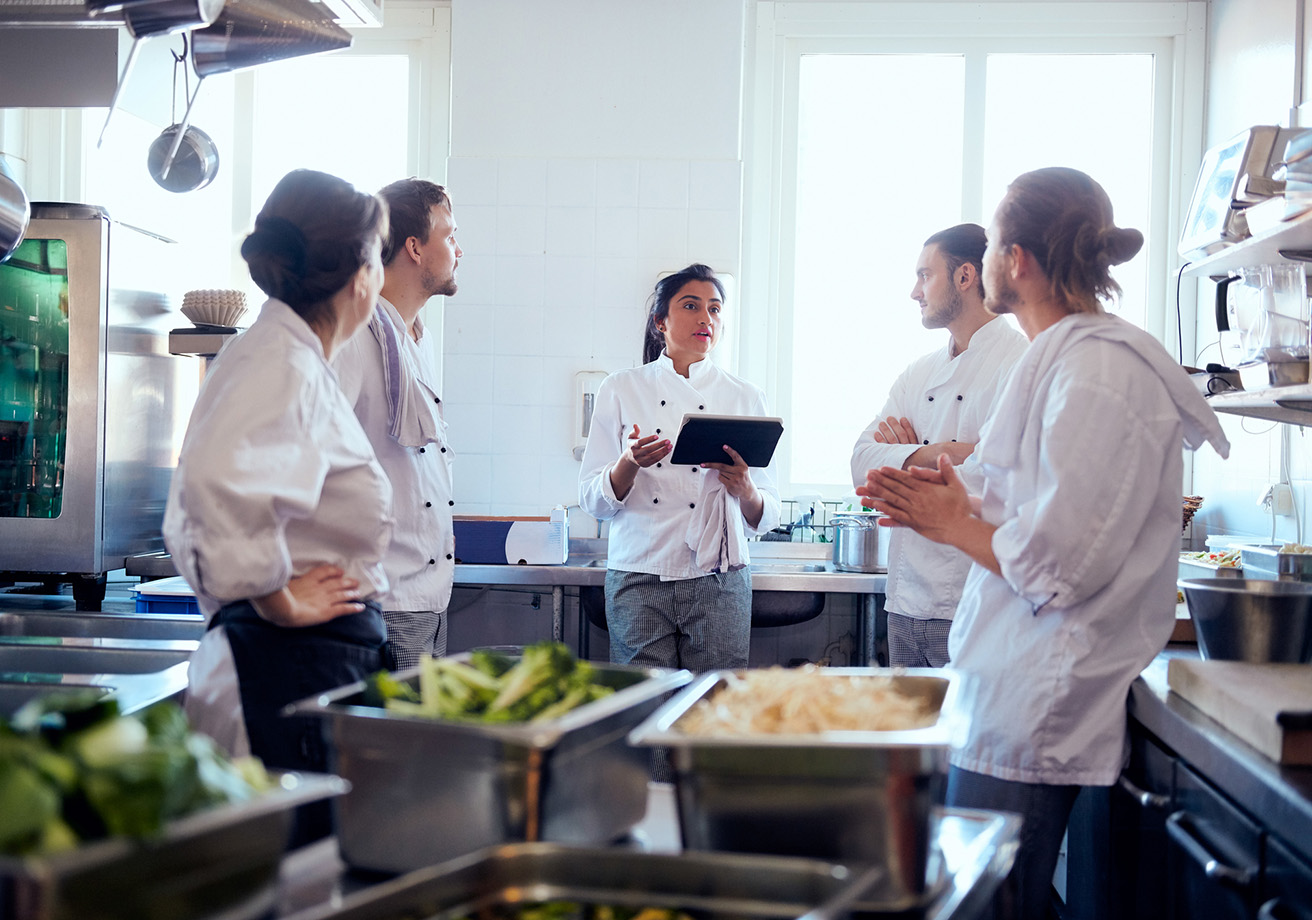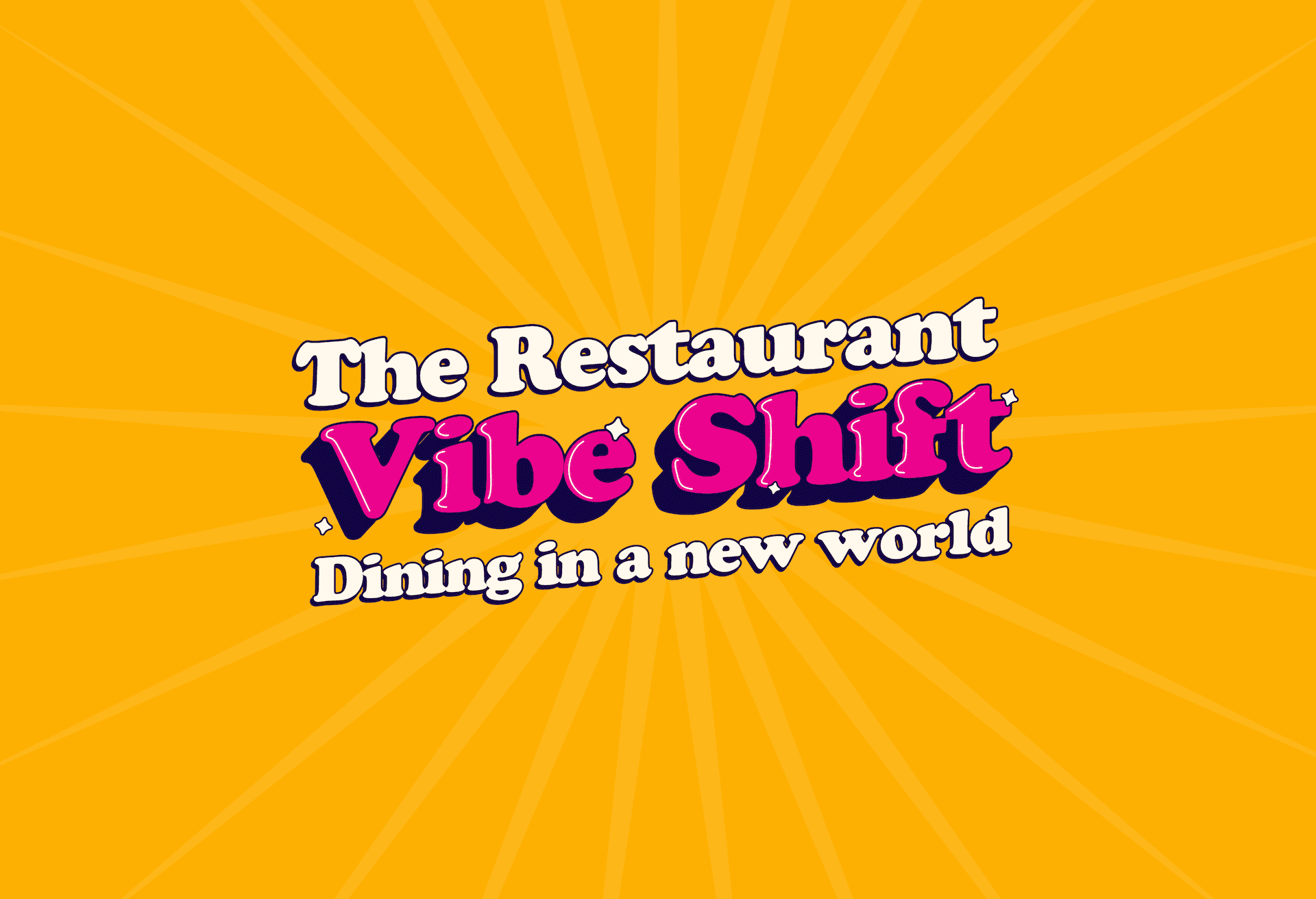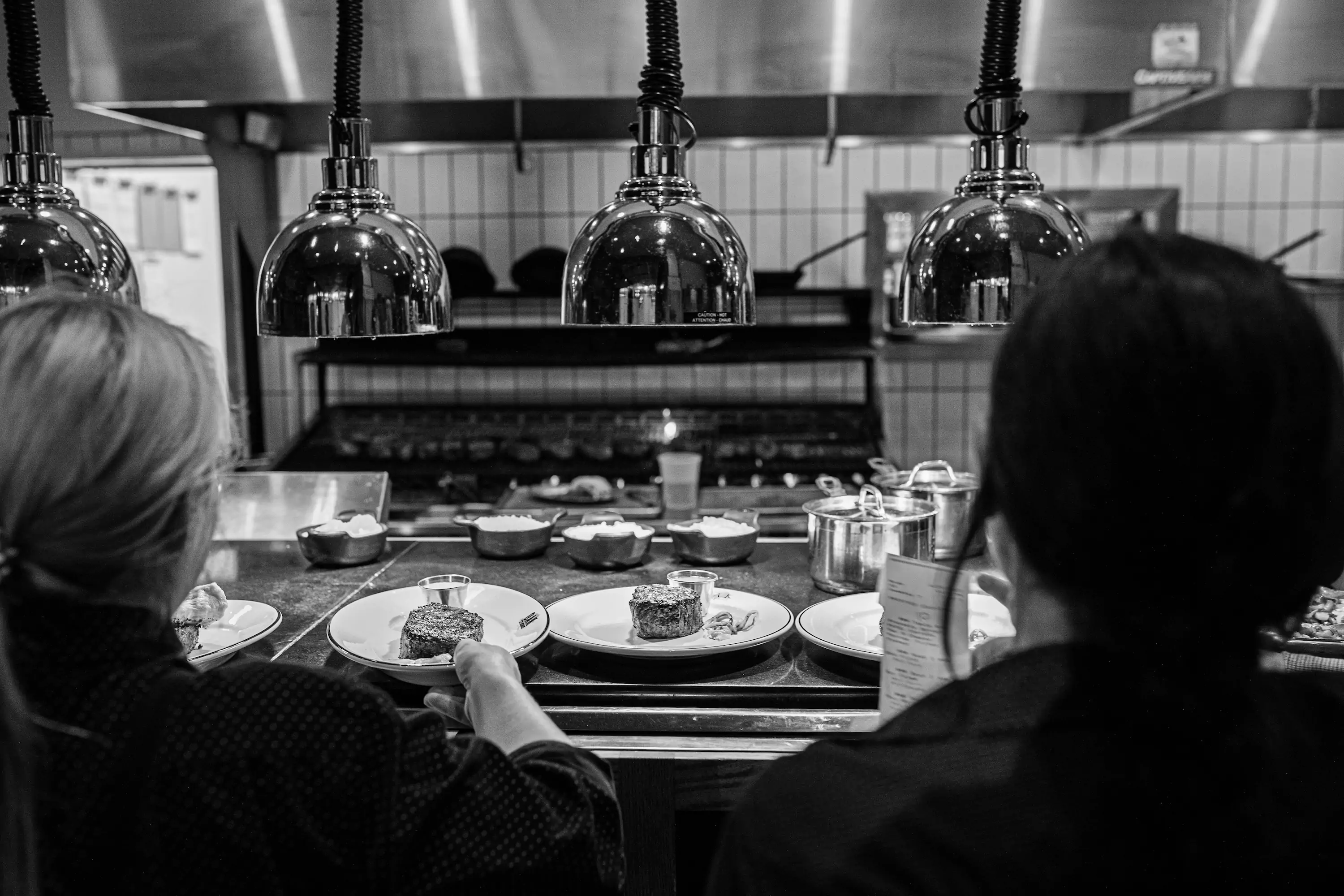More than six months into the coronavirus pandemic, restaurants as we once knew them are fundamentally changed. For insight into what’s to come, experts across the industry — chefs, restaurateurs, media, producers, sommeliers, and activists — shared what they predict. The stories in this series explore diversifying revenue streams; ensuring diversity, equity, and inclusion; building a deeper community connection; nurturing a healthier workforce; and joining together to survive. This is the future of restaurants.
Over the past several years, a spotlight on toxic work environments has raised awareness for mental health and work-life balance in the historically unforgiving restaurant industry, one in which people work long hours and often don’t receive benefits, such as paid time off.
Today’s restaurateurs seek to replace the old tough-and-proud culture with one that is empathetic and communal, working in solidarity toward a greater good. In the future, restaurants will celebrate teamwork over ego, and aggressive behavior won’t be tolerated.
Meanwhile, restaurants — as a community of people facing the same challenges and striving toward parallel goals — will come together. In 2020, the Independent Restaurant Coalition gave organization and voice to businesses that often (necessarily) operate with tunnel vision, focused on opening, closing, and serving guests from day to day. That advocacy will continue going forward, working to build a stronger and more resilient industry.
Here, experts share their hope for a future industry that promotes mental health, cooperation, and strength in unity.
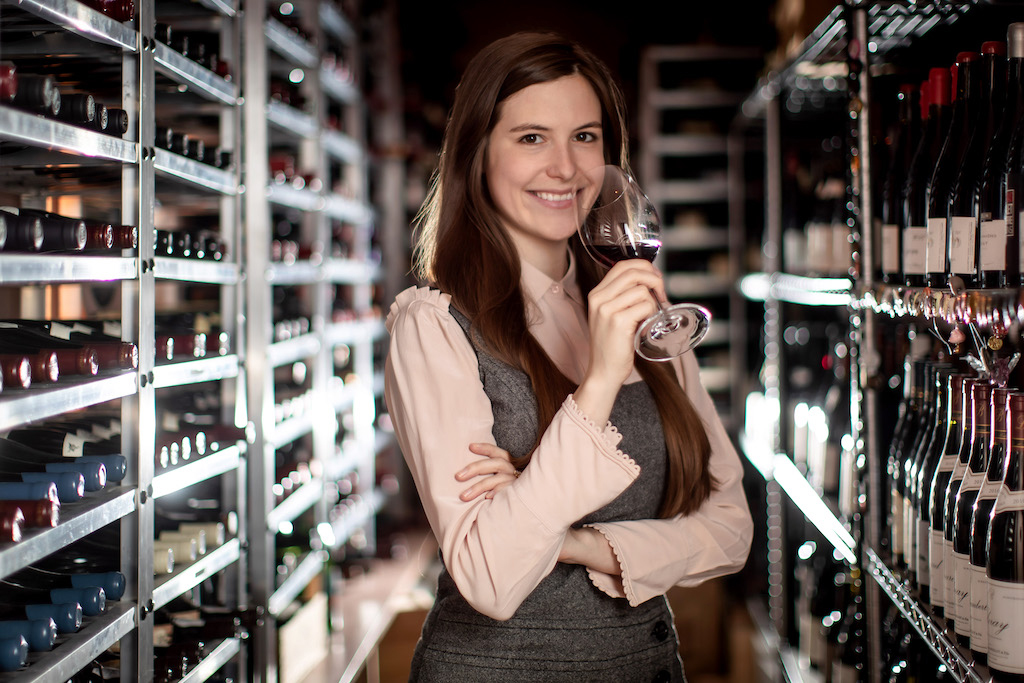
“The old-guard way, that hyper-intense atmosphere that can lead to bullying, abuse, and people not taking care of themselves — I think we really need to rethink the way the industry is and get rid of that old-guard way of operating to make sure our employees are taken care of monetarily as well as mentally.” — Kwame Onwuachi, chef and author of Notes from a Young Black Chef
“Now more than ever I think we have come to realize that coming together is an essential part of the human experience. I think the days of the grandiose performance, done in a way that hinders hospitality and inflates egos, is completely irrelevant.” — Victoria James, sommelier and author of Wine Girl
“So many systems and practices are outdated, like real estate development playing such a huge role in the size and scope of restaurant ownership in many cities, but mostly I want the idea that workers have to ‘leave their problems at the door’ before a shift and be willing to work insane hours to be done away with. It’s not sustainable, and, more importantly, it’s not humane. If we want the industry to come back better than before we have to rethink the models and mindsets that got us here.” — Korsha Wilson, food writer and host of A Hungry Society podcast
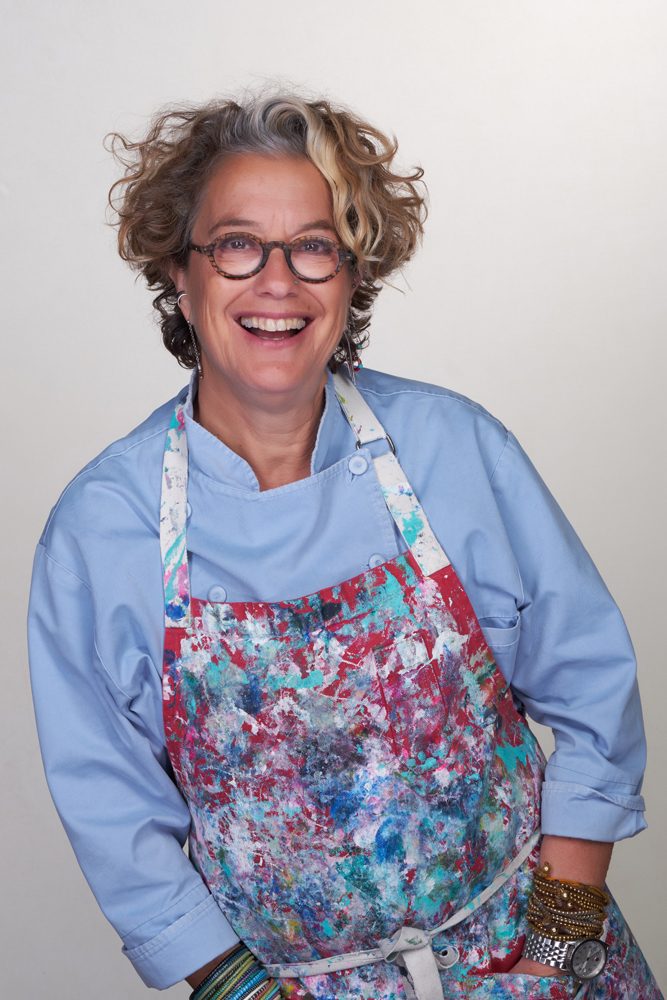
“The Independent Restaurant Coalition is picking up steam. The birth of that union came in a rough patch, but I see the future for that union being something that continues to fight for us, just like the James Beard Foundation and all of those food and wine groups that fight for the restaurant industry. We all have plans in what we want to do, but we don’t have the financial power and we don’t have the backing from the government. If you’re asking and begging, then people think you’re not strong enough to sustain yourself, so they cannot see you as equal. I want the [Independent Restaurant] Coalition to succeed because I want to be able to have this space in which we as a restaurant industry can speak as a unit. We can come together and partner for the greater good.” — Tavel Bristol-Joseph, restaurateur and executive pastry chef at Emmer & Rye, Hestia, Kalimotxo, Henbit, and TLV
Reservations for Emmer & Rye:
Reservations for Hestia:
“Our top priority is figuring out how to survive. We are immersed in industry webinars, learning as much as we can, reaching out to our reps in the government to help them understand how our industry supports the economy in such a huge way — creating jobs and supporting farmers and other suppliers. It’s been an interesting time, [and] certainly has brought our industry even more together than ever before. Our industry always demands flexibility and hard work, rolling up your sleeves in order to survive. This period, as crazy challenging as it is, has certainly brought us together and we are all sharing info, working together. If there is a silver lining to it all, it’s shown us all how strong we are together.” — Susan Feniger, chef and owner of Socalo and Border Grill
Reservations for Socalo:
Reservations for Border Grill:

